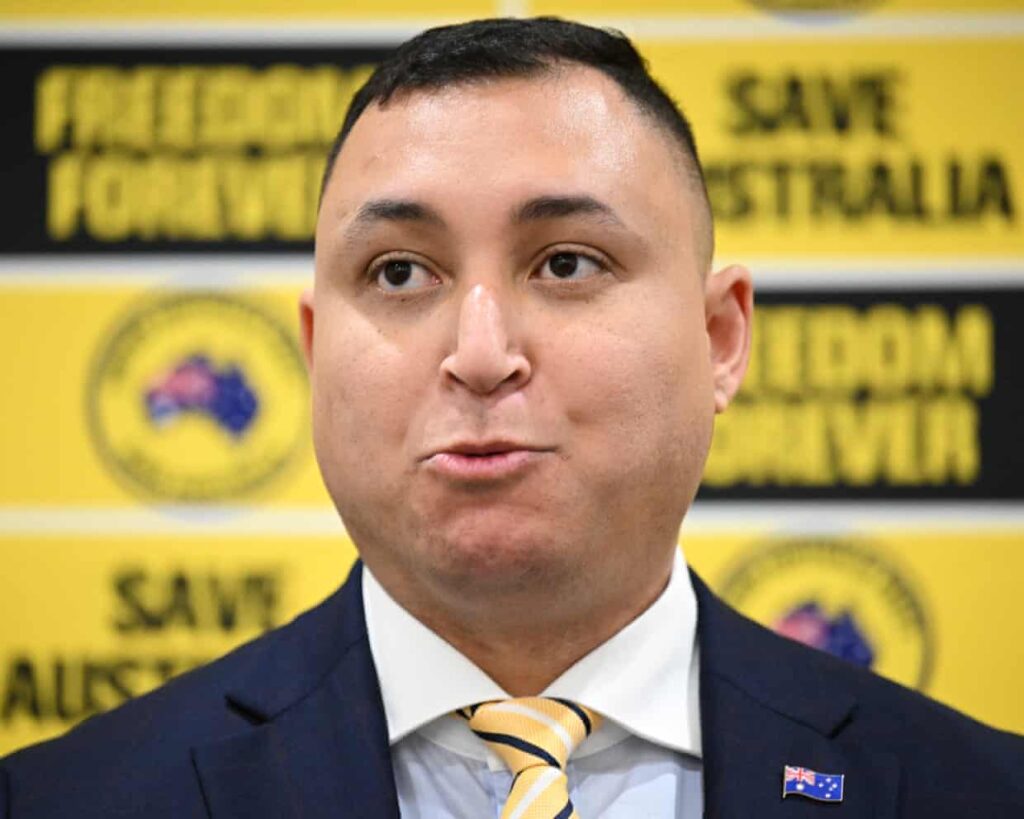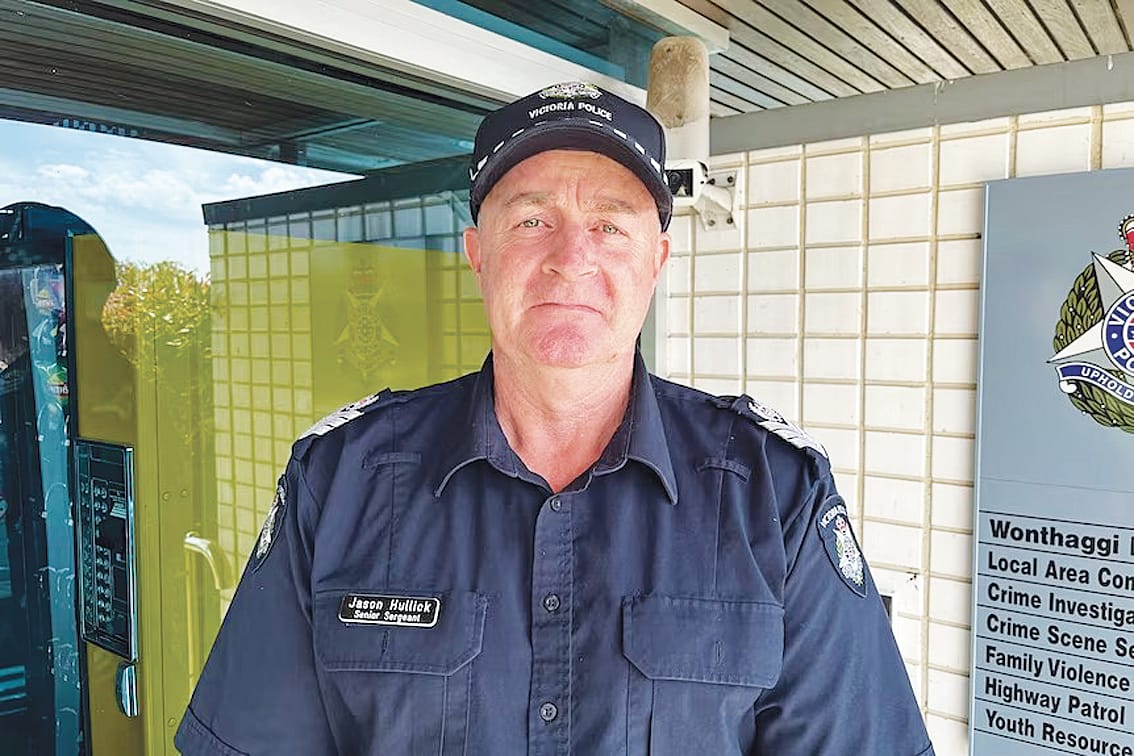
A small mental health charity in Melbourne, known as the Victorian Mental Illness Awareness Council (VMIAC), has become the target of harassment following the assassination of American conservative commentator Charlie Kirk. The situation escalated when Ralph Babet, an Australian senator, shared the charity’s contact details on social media, urging his followers to demand the dismissal of a former employee, known as Grace, who had allegedly made controversial comments about Kirk’s death.
The chaos began after Kirk was killed in the United States. Following the incident, VMIAC received a barrage of angry phone calls and messages after Babet publicly identified the charity as Grace’s former workplace. He posted the charity’s phone number, email address, and website on his social media platforms, prompting an influx of distressing communications. “There have been thousands of calls and messages,” said Vrinda Edan, the chief executive of VMIAC. “Some of the voicemails, in particular, were highly distressing.”
Grace, who had not worked at VMIAC for over a year, faced backlash primarily due to her posts on TikTok. After Kirk’s death, she stated, “Let’s never forget that Charlie Kirk used his whole head to defend your second amendment right to own guns.” Her comments continued with assertions that Kirk had “incited violence” and that laughing at his misfortunes was justified. Babet’s response included a call to action, denouncing her remarks and labeling them as dangerous.
The senator asserted, “This is beyond disturbing. I urge you to contact her employer and voice your concern.” His social media activity included multiple posts targeting Grace, which were subsequently reported by various outlets, including the Daily Mail.
VMIAC faced the challenge of managing the fallout from Babet’s statements. The charity’s staff, who have personal experiences with mental health challenges, handled the incoming hate mail and phone calls. “All of our employees have identified as having lived experience of mental health or distress, and so there’s been a fair bit of ‘You’re all crazy. You should all be locked up’,” Edan noted.
The situation has raised concerns about the implications of a senator’s involvement in exacerbating public outrage. Edan expressed her views on the hypocrisy of Babet’s actions, stating, “They are holding us to a standard that they’re not willing to hold up themselves.” She pointed out the contradictions in advocating for freedom of speech while stifling others’ opinions.
In the wake of the controversy, another social media user posted the contact details of VMIAC’s board members, further complicating the charity’s response. Babet later reached out to the management company of an online commentator who criticized his actions, arguing that his sharing of Grace’s information did not constitute doxing, as she had publicly posted her views.
While the backlash in Australia has not reached the extreme levels seen in the United States, where various individuals have faced job losses for their remarks, it has emboldened some to target those perceived as celebrating Kirk’s death. Kaz Ross, an independent researcher on right-wing extremism, remarked that Kirk’s death has been used as a tool to attack those labeled as “far left” in Australia. She cautioned that politicians and media commentary risk inflaming divisions and creating targets for harassment.
The charity VMIAC has indicated it is seeking legal advice regarding the threats and harassment it has received following the incident. As the situation unfolds, it highlights the potential consequences of public figures wielding their influence in the context of politically charged events.
In a broader context, figures like Abbie Chatfield and Hannah Ferguson have also faced backlash for their comments on Kirk’s assassination. Chatfield received numerous death threats after expressing that, despite her disdain for Kirk, the circumstances surrounding his death were troubling. Ferguson, who wrote about the need for public discussions around political violence, described the week following her comments as “the most terrifying week of my life,” noting the severity of the threats she received.
The ongoing discourse surrounding Charlie Kirk’s death and the resulting reactions from various individuals and organizations continue to reflect the deeply polarized nature of political expression today.







